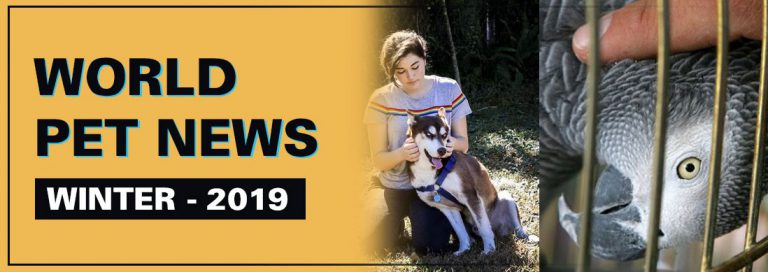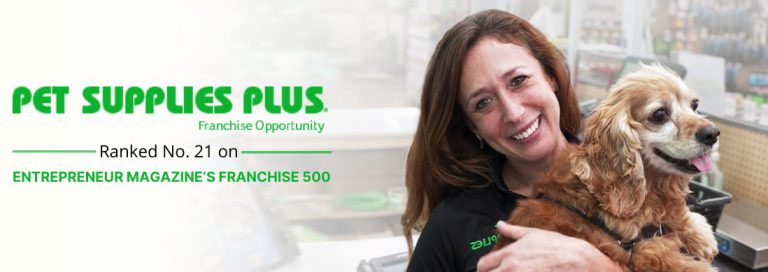Asked why he insists so much on the poor, Francis said that “poverty is the center of the Gospel. Jesus came to preach to the poor. If you take poverty out of the Gospel you can’t understand anything because you take out its core.”
Francis also had strong words for what is wrong with the world and the way people’s values get twisted. According to the Pope, the worst problems in the world today are poverty, corruption and human trafficking. He also expressed his astonishment when he read about what people spend money on. “After food, clothing and medicine,” he said, “the fourth item is cosmetics and the fifth is pets. That’s serious.”
In fact, for an “environmental pope,” Francis seems to think that people pay altogether too much attention to pets. “Care for pets is like programmed love,” he said. “I can program the loving response of a dog or a cat, and I don’t need the experience of a human, reciprocal love.” The Pope said this kind of trade-off is “worrisome.”
Stamford Man Calls 911 With ‘Aggressive’ Cat
“You said a cat?” That was the response from a 911 operator when a Stamford man called to report his cat was attacking him. Mohammed Lokman made the call.
“I have a problem in my home,” Lokman told 911. “I cannot go inside my home.”
911 operator: What’s the problem?
Lokman: The problem is my cat was getting too aggressive. I was inside and she attacked me, and she scratched me in my leg and bite me. So me and my wife, we come outside and now we cannot go in the home like for three, four hours.
911 operator: Ok, you said a cat?
Lokman: Yeah.
The operator then asked if he wanted the police to come and remove the cat from the home and if something was wrong with the cat. Lokman said the cat had a kitten the night before and said she was acting fine until late morning. He said it wasn’t until he came in from outside and changed his clothes that the cat tried to attack him. He then locked the cat in another room, but it attacked again.
Lokman said he and his wife were sitting in their car in a parking lot because they could not get into their home. The somewhat confused 911 operator asked the make of his car and then said she’d send the police. They were advised to stay away from the cat for the rest of the night. The couple was eventually able to get back into their home.
The 911 caller told CBS2’s Sonia Rincon on Thursday that he, the cat and the kitten are all fine. He said in a year and a half he never had a problem with the cat, and he’s still not sure why it reacted that way.
Katina Wargo with Stamford Animal Control, said even the sweetest pet can get aggressive. “But there’s usually a reason for it,” she said. “Like, if we knew that there was a kitten involved in this whole situation, I think people would look at it a lot differently.”
She said the cat probably felt threatened.
“A mom protecting its baby,” Wargo said. “She probably didn’t realize it was him, or she was on the protective mode.”
Dogs Snub People Who Are Mean To Their Owners
Dogs do not like people who are mean to their owners, Japanese researchers said, and will refuse food offered by people who have snubbed their master. The findings reveal that canines have the capacity to co-operate socially–a characteristic found in a relatively small number of species, including humans and some other primates. Researchers led by Kazuo Fujita, a professor of comparative cognition at Kyoto University, tested three groups of 18 dogs using role plays in which their owners needed to open a box.
In all groups, the owner was accompanied by two people whom the dog did not know. In the first group, the owner sought assistance from one of the other people, who actively refused to help. In the second group, the owner asked for, and received, help from one person. In both groups, the third person was neutral and not involved in either helping or refusing to help. Neither person interacted with the dog’s owner in the control–third–group.
After watching the box-opening scene, the dog was offered food by the two unfamiliar people in the room. Dogs that saw their owner being rebuffed were far more likely to choose food from the neutral observer, and to ignore the offer from the person who had refused to help, Fujita said. Dogs whose owners were helped and dogs whose owners did not interact with either person showed no marked preference for accepting snacks from the strangers.





